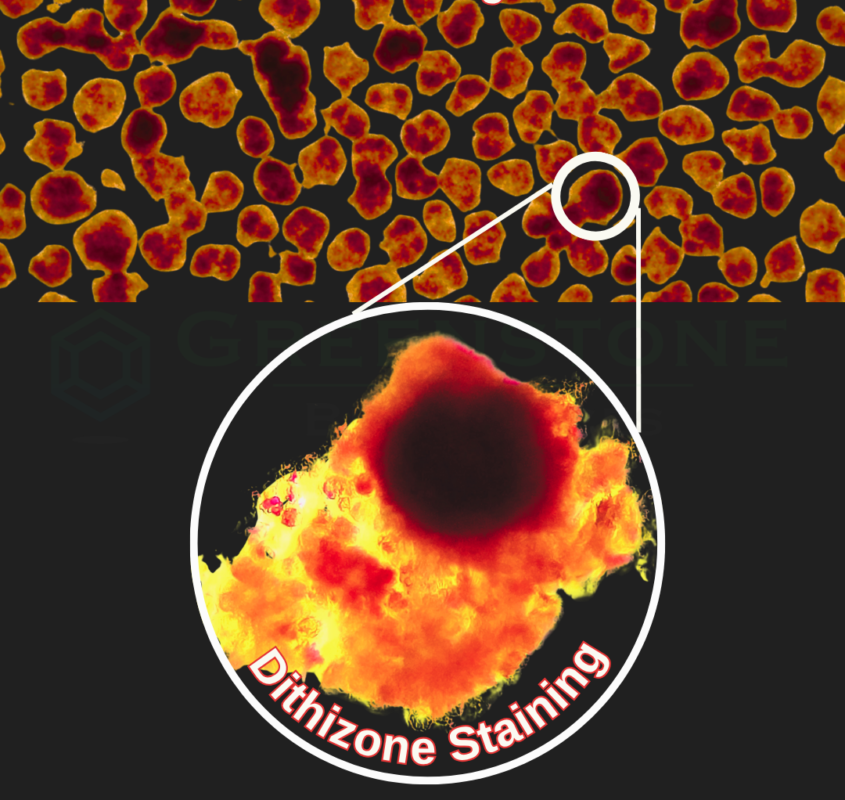
Human iPSC-derived Pancreatic Islet Organoid
These organoids model human pancreatic islet biology, consisting of insulin-producing β-cells along with α- and δ-cell populations. They display glucose responsiveness and insulin secretion dynamics, providing a physiologically relevant model for diabetes research, drug screening, and regenerative medicine.
Benefits
- Functional β-cell–rich organoids with glucose-stimulated insulin secretion
- Multi-lineage representation (α, β, δ cells)
- Enables diabetes modeling, drug evaluation, and regenerative studies
Product Specifications
|
Feature |
Detail |
|---|---|
|
Identity Markers |
Insulin (INS), Glucagon (GCG), Somatostatin (SST), NKX6.1, PDX1 |
|
Quantities |
≥ 5 × 10⁵ cells per organoid |
|
Quality Control |
Glucose-stimulated insulin secretion, viability, cell composition (FACS), mycoplasma testing |
|
Format |
Cryopreserved islet organoids |
|
Donor & Reprogramming |
Healthy or diabetic donor lines; Sendai virus reprogramming |
|
Shipping / Storage |
Dry shipper at -180°C to -135°C |
|
Supplied with |
Pancreatic islet culture medium and user-guide |
Explore Pancreatic Islet Organoid
Unlock deeper insights into metabolic and endocrine biology with our iPSC-derived pancreatic islet organoids. Designed to model native islet structure and function, these organoids are ideal for diabetes research, drug screening, and functional assays. Review the product details to see how they can accelerate your metabolic disease studies.